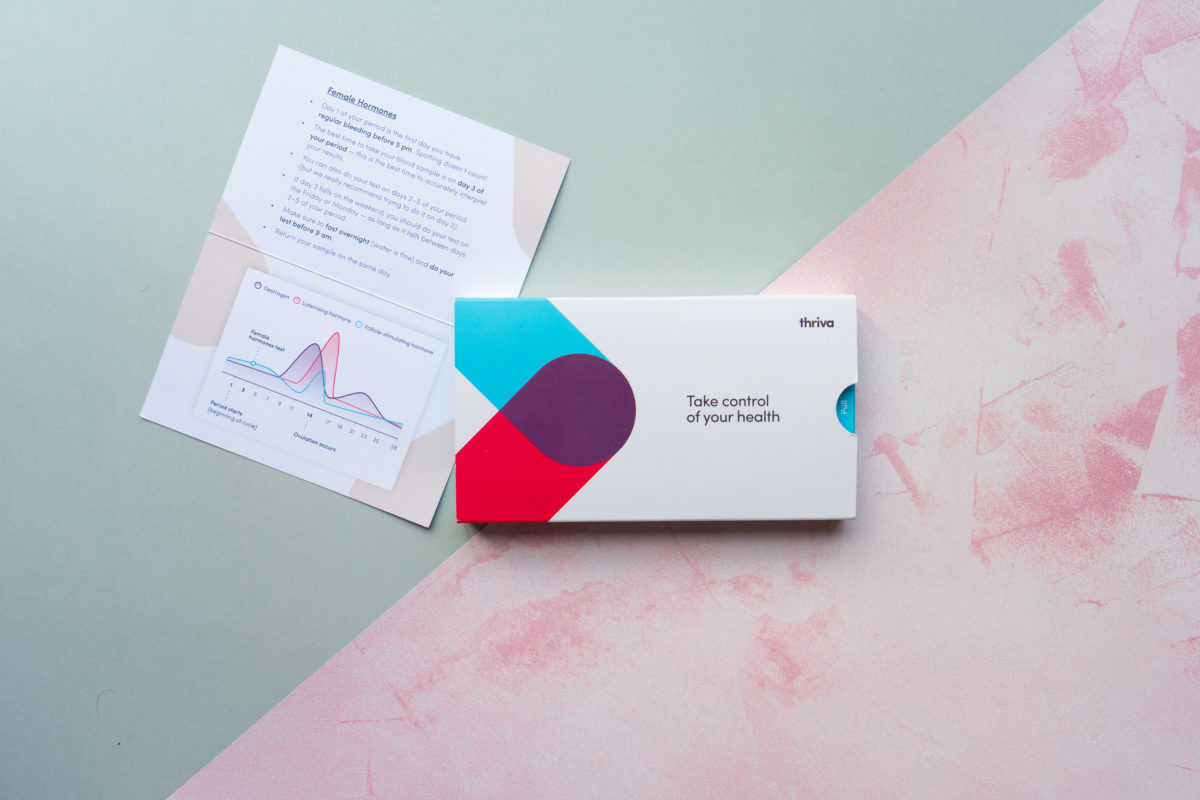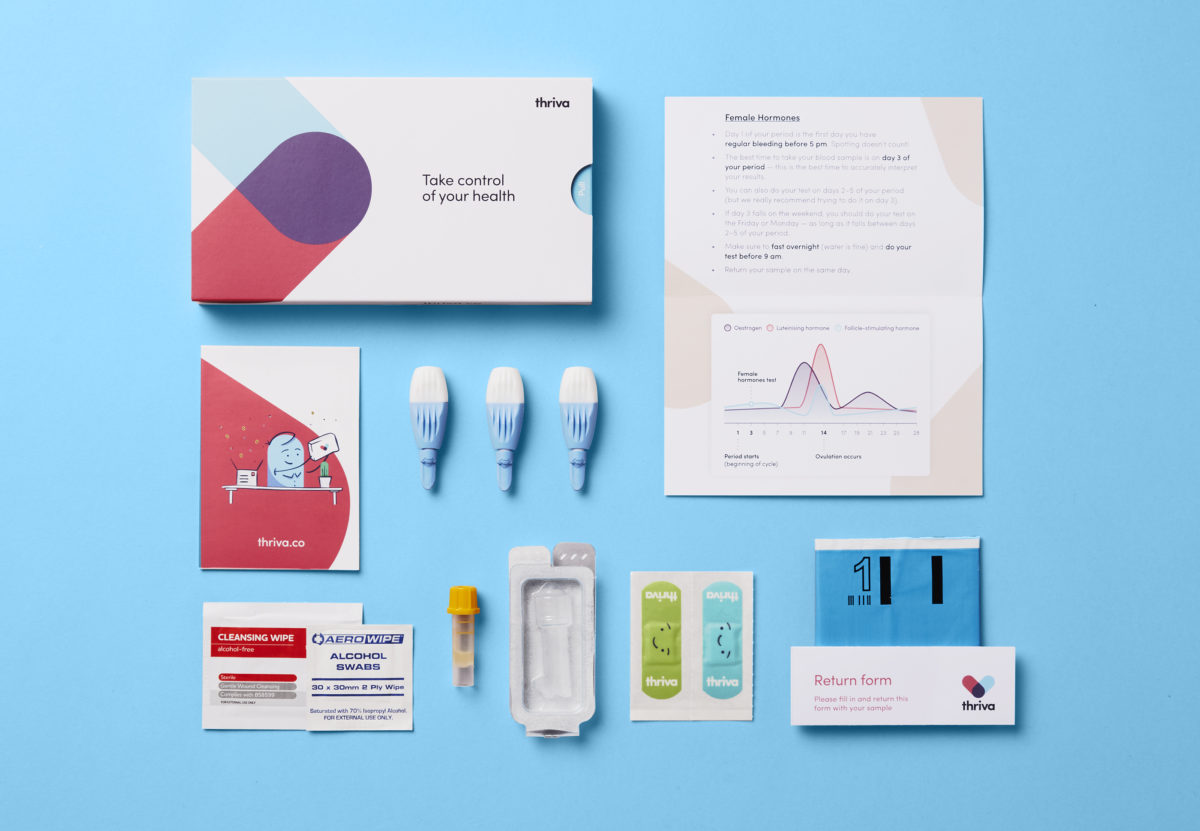The world of women’s hormones can sometimes be quite perplexing. Looking back at my late teens/early twenties, I think that’s when I realised just how important they are. I began to observe how they made me feel in all manners of ways and it was the beginning of a long, personal journey of getting to know my body and what my hormones meant for me as a woman.
Like a lot of women, I experience all the highs and lows of the female cycle which spans over the course of a month. Crazy to think that for men, their hormonal cycle spans just 24 hours! Done and dusted in one day, ready to start again in the morning! Us women go on quite a journey throughout the course of a month and now, as I enter my late twenties, where talks of babies are starting to become more of a thing, I’m aware of just how delicate my hormones can be and how easy it is for the scales to tip and become off balance.
Anyone who knows me well will say how much I love learning about hormones, periods, fertility, pregnancy… so much so that friends who are already pregnant or have babies will come to me for advice! But while I like to think I know a lot when it comes to the female anatomy and how hormones play a role in all sorts of bodily functions, I am by no means a medical professional and I still wish I was able to get a deeper insight into what goes on in my own body and what the future might hold in terms of trying to conceive.
Luckily for me, my desire to become more informed on all things hormones has been met by the wonderful people at Thriva. Hormones are their thing! They recognise that knowledge is power and when we are given the opportunity to dig deeper into our own wellbeing, we can navigate life with the correct tools and resources to feel our best. This Spring, they are making it their mission to focus on the under-served market of female hormones and their women’s health packages will help you understand your hormones on a whole new level, whether you simply want to get an overview, thinking about trying for a baby or want to check in with your body post giving birth.

For me, I am keen to learn more about my fertility and child-bearing prospects as I have in recent years started to feel anxious about whether I’ll have any trouble conceiving. Tests like their PCOS blood test would suit me well and provide better peace of mind. This test looks at key fertility hormones, LH (luteinising hormone) and FSH (follicle-stimulating hormone). LH plays a key role in reproduction, helping to mature and release eggs for ovulation. Pregnancy can’t happen without ovulation, of course! FSH helps your ovaries to function normally and plays a key role in egg production and ovulation. If either of these become imbalanced, you might have symptoms like irregular periods, acne and face challenges getting pregnant. Particularly, if you have PCOS you might have a raised LH:FSH ratio so if you do have concerns about your cycle, being informed is key. I sometimes suffer from irregular periods and not knowing why some months it’s right on time and other months I’m frantically checking my cycle apps can cause some worry. This test would help rule out PCOS by checking all the appropriate fertility hormones like LH and FSH as mentioned earlier as well testosterone levels, the thyroid (the hormone hub), HbA1c (diabetes risk), which measures blood sugar — another helpful PCOS marker and things like vitamin D, which I have recently learned is a common deficiency in women with PCOS. Who knew?
On the other end of the scale, you may be wondering about the state of your hormones after giving birth. A totally reasonable question to ask yourself and actually, a really important one. So often women are discharged home from the hospital, their little bundle of joy in tow, and apart from a general 6-week postpartum check with your GP, they’re sort of left to their own devices and the regular monitoring received during pregnancy ceases to be.
Women go through an astonishing shift in hormones after having a baby, and Thriva’s Post-birth blood test aims to check in on important things like iron (particularly necessary if you suffered any level of blood loss during birth), vitamin N9 (folate), vitamin B12, your omegas and vitamin D. Birth recovery, sleep deprivation, breastfeeding and stress can all heavily impact your hormones as well as exacerbate nutritional deficiencies so getting tested after birth, whether that’s one month out or six months out, is really worth the investment. Being a mum is challenging enough, let Thriva cover your back so you can focus on the most important thing, enjoying life as a family.

No matter what test you choose, it’ll be delivered to your door and is so easy to do. Thriva provides you with easy-to-follow instructions on how to collect your finger-prick blood sample. Then, all you need to do is free post your blood sample back to Thriva and you’ll receive your results within 48 hours. The results also come with a personalised, GP-reviewed report on how to improve or work with your results.
So, for any stage of life you find yourself in, letting Thriva become your hormone guru could be the best decision you make for your wellbeing this year.
Get started by heading to thriva.co
H&H readers can get 20% off their first order using the code HIP20
words by Molly Jennings















